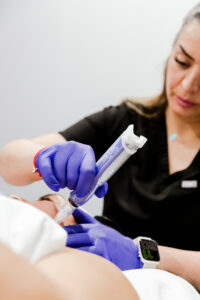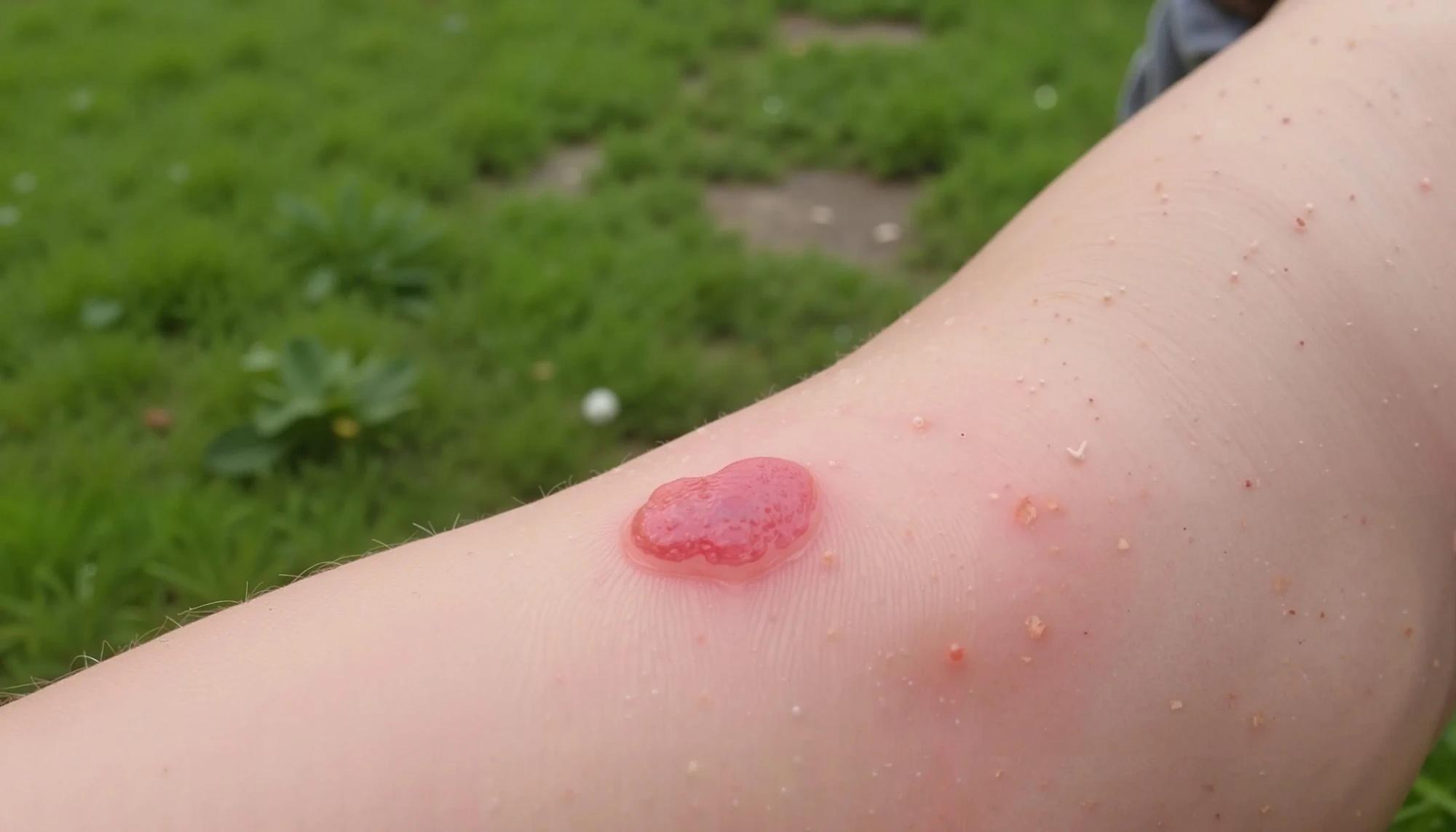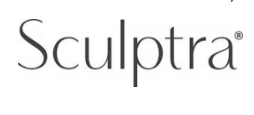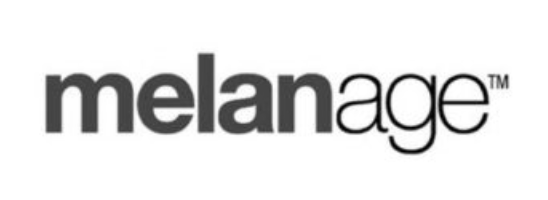Reliable Solutions for Plant Contact Reactions
When poison ivy, oak, or sumac affects your skin, prompt medical attention can make all the difference. At Dermestetics Vienna, we deliver targeted treatments to address your symptoms and support your skin’s healing process. Our medical team understands the discomfort and anxiety these reactions can cause, and we’re here to help you recover quickly and safely.

Dedicated Care Team
Our Vienna practitioners bring years of experience in treating plant contact dermatitis. We focus on providing customized care that addresses your specific symptoms while helping prevent future reactions. Our thorough approach ensures you receive comprehensive treatment tailored to your needs.


What makes our plant reaction care special?
Learn More
Consultation Required?
Yes
Duration of Results
Recovery within 1-3 weeks
Sessions Needed
Usually 1-2 (complex cases may require follow-up)
Downtime
Minimal to none
What It Treats
Plant Reaction Conditions:
Poison Ivy contact
Poison Oak exposure
Poison Sumac incidents
Combined plant reactions
Intense allergic responses
Extended rash areas
Face and neck involvement
Bacterial complications
Understanding Plant Contact Dermatitis
- Types of Plant Reactions
Poison Ivy:
- Northern Virginia’s most frequent cause
- Grows as a vine or ground cover
- Three-leaf pattern
- Prompt reaction time
- Streak-like rash formation
Poison Oak:
- Common in Virginia woodlands
- Shrub or climbing form
- Lobed leaf structure
- Robust allergic reactions
- Location-specific variants
Poison Sumac:
- Rarer but highly reactive
- Found in damp environments
- Woody plant structure
- Intense reactions
- Compound leaf arrangement
- Common Symptoms
Typical reactions include:
- Persistent itching
- Reddened skin areas
- Blistering
- Tissue swelling
- Heat sensation
- Progressive rash
- Post-inflammatory pigmentation
- Risk Factors
Common exposure situations:
- Trail walking
- Yard work
- Nature exploration
- Lawn care
- Indirect contact through pets
- Varying weather conditions
- Historical sensitivity
- Complications
Possible concerns include:
- Bacterial skin infection
- Lasting marks
- Widespread reactions
- Persistent changes
- Rest disruption
- Movement restrictions
- Mental impact

How it Works
How it Works
Our Complete Treatment Process
Initial assessment includes:
- Contact history
- Symptom patterns
- Intensity measurement
- Distribution review
- Complication screening
- Treatment background
- Risk evaluation
Treatment Approaches Include:
- Quick Relief: Surface medications
- Prescribed pills
- Temperature therapy
- Itch reduction methods
- Comfort techniques
- Enhanced Treatment: Medical prescriptions
- Proper wound care
- Full-body approach
- Preventive guidance
- Ongoing Support: Skin restoration
- Protection planning
- Learning materials
- Lifestyle adjustments
Who should seek treatment?
Treatment is recommended if you:
- Had recent plant contact
- Display common symptoms
- Feel constant itching
- Notice rash expansion
- Have sensitive area involvement
- Previously reacted strongly
- Experience complications
Prevention Strategies
Outdoor Safety:
- Appropriate clothing
- Skin protection products
- Plant recognition skills
- Yard maintenance
- Animal contact awareness
- Trip preparation
- First aid supplies
After Exposure:
- Quick cleansing
- Proper laundry handling
- Equipment sanitizing
- Quick response
- Condition tracking
- Containment measures
- Record keeping
Get Started
Need help with your plant reaction?


Why Choose Dermestetics Vienna for Plant Reaction Care?
- Quick access to care
- Various treatment approaches
- Full-service support
- Safety education
- Urgent care access
- Continuing care
- Demonstrated success
Additional Resources
For Nature Enthusiasts:
- Local plant guides
- Protection tips
- Activity guidelines
- Safety preparation
For Home Maintenance:
- Safe plant removal
- Garden planning advice
- Personal protection
- Seasonal guidelines















